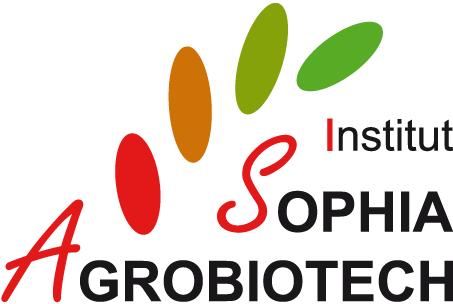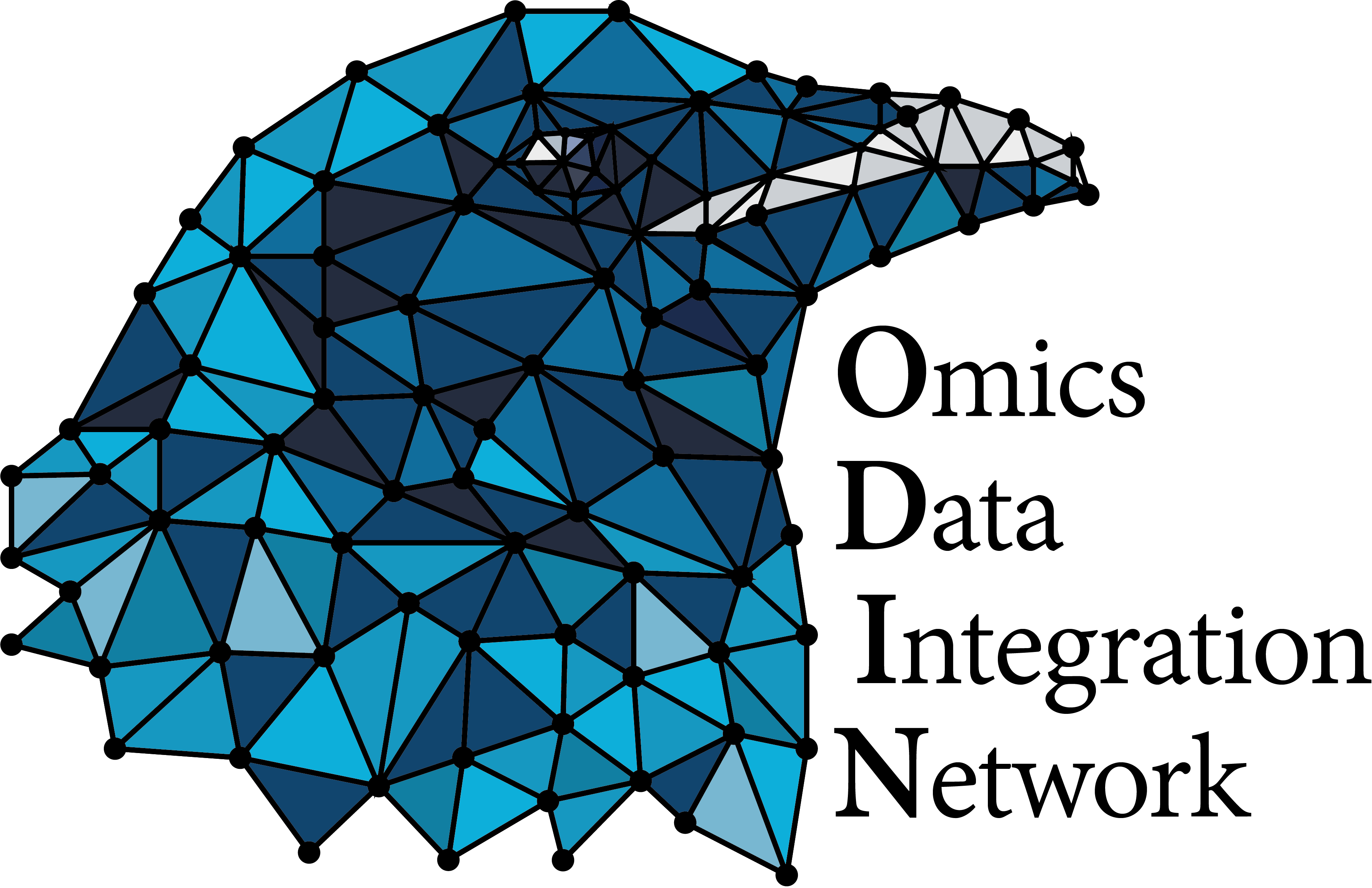UniCA’s biology institutes contributing to ODIN

Centre Méditerranéen de Médecine Moléculaire
151 Route de Saint-Antoine, 06200 Nice
The Mediterranean Center for Molecular Medicine (C3M), created in January 2008, is a joint research unit under the governance of Inserm (National Institute of Health and Medical Research) and Université Côte d'Azur (UniCA). This research centre is dedicated to translational research into cancer, cardiometabolic diseases and infectious diseases. The association of researchers and clinicians working in C3M creates a synergy based on a common project at the interface between fundamental resarch and clinical research. The C3M is made up of fourteen research teams that maintain fruitful collaborations with doctors and clinicians from a dozen clinical departments of the Nice University hospitals.

Institut Sophia Agrobiotech
400 route des chappes, BP 167, 0690 Sophia Antipolis Cedex ,
The Institut Sophia Agrobiotech (UMR INRAE 1355, CNRS 7254, Univ. Côta d'Azur), an international research institute funded by INRAE, Université Côte d'Azur and CNRS. Situated at the interface of Environment and Agriculture, the main research topics concern the study of plant-interactions, pathogens and symbionts and their dynamics in time and space. For this, the Institute brings together strong expertise in comparative, evolutionary and functional genomics, in community ecology and agronomy. The institute aims to address some of the challenges offered for agricultural research in the field of ecological management of agroecosystems. The ultimate goal is to integrate this knowledge in the development of innovative agronomic strategies (integrated pest management, biological control), more respectful of the environment and human health.

Institut de Biologie Valrose
Parc Valrose - 06108 Nice Cedex 2
The iBV is an international research institute renowned for its basic research in developmental biology, cell biology, genetics, signaling as well as translational research on several pathologies (metabolic diseases, cancer, neuronal diseases, kidney diseases, reproduction, bone regeneration). The focus of the Institute is to understand the basic principles governing the development and function of normal cells, tissues, and embryos and those leading to pathogenesis. To achieve this goal, the Institute addresses broad questions including cell communication through major signaling pathways (PI3K, Wnt, Hh, JNK, Jak/Stat, Notch, Fas, FGF, TGF-beta, small GTPases, integrins, etc …), cell and tissue growth, metabolism, body patterning, cell death, cell-matrix interactions, cell differentiation, stem cells, morphogenesis, cell polarity, trafficking, neurogenesis, physiology, reproduction, cancer, evolution, etc… Overall, iBV groups use a variety of model systems including yeast, nematode, Drosophila, sea urchin, zebrafish, mouse, human cell lines as well as patient-derived samples. Finally, in support of research projects, the iBV maintains and develops 6 state-of-the-art technological platforms including biochemistry/molecular biology, bioinformatics, cytometry, genetic code expansion, histology, and imaging.

Institut de Pharmacologie Moléculaire et Cellulaire
IPMC UMR7275, 660 Route des Lucioles, SOPHIA ANTIPOLIS, 06560 VALBONNE
Founded in 1989, IPMC is a multi-thematic research centre in biology at the CNRS and the Université Côte d'Azur (UCA). It benefits from its location on the exceptional site of Sophia Antipolis, Europe's leading technology park: 2,500 companies, 10,000 students and researchers, and the presence of the main French research institutions in the field of biological sciences. The 22 international research teams take advantage of state-of-the-art equipment and high level of expertise in molecular & cellular biology, imaging, cytometry, electrophysiology, functional genomics and integrative biology.

Institute for Research on Cancer and Aging
School of Medicine 28, Ave de Valombrose 06107 Nice Cedex 02 - France
Aging is usually perceived as a process that results from the combined influence of constitutional or so-called « genetic » factors, life-style associated factors and external events. Understanding these multiple interconnections requires synergy between many areas of molecular, cellular or biomedical experimental biology or biology, more dedicated to the study of aging and age-related diseases such as cancer. To this goal, the Institute for Research on Cancer and Aging Nice (IRCAN UMR7284, U1081) was created, under the direction of Pr Eric Gilson, on January 1st, 2012, by the University of Nice Sophia Antipolis (UNS), the National Institute for Health and Medical Research (Inserm), and the National Center for Scientific Research (CNRS). The IRCAN was established to develop a strong research center focusing on cancer and aging, in the Medical School of Nice and in partnership with the cancer “Center Antoine Lacassagne” (CAL) and the Nice University Hospital (CHUN).


